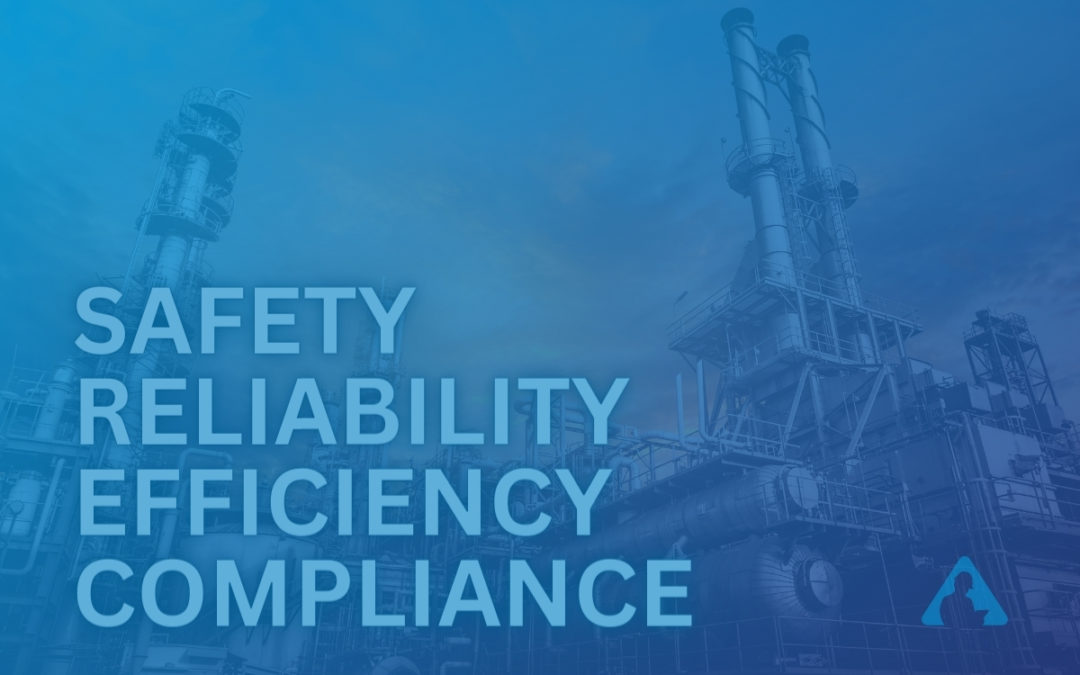What are Shutdowns, Turnarounds, and Outages (STO)?
If you work in the industrial sector, you may have heard of the terms shutdowns, turnarounds, and outages (STO). But what do they mean, and why are they important? In this blog, we will explain the basics of STO events, and how they affect the operations and performance of industrial plants and facilities.
What are STO events?
STO events are planned events that involve the temporary shutdown of a plant or facility for maintenance, repair, or upgrade purposes. STO events are also known as planned maintenance, scheduled maintenance, or planned shutdowns. The main goal of STO events is to ensure the safety, reliability, and efficiency of industrial operations, by preventing or fixing any issues that may affect the equipment, systems, or processes.
STO events can vary in terms of their duration, frequency, scope, and complexity, depending on the type and size of the plant or facility, the industry sector, the regulatory requirements, and the operational objectives. Generally, STO events can be classified into three categories:
- Shutdowns: Shutdowns are the longest and most complex type of STO events, that involve the complete or partial shutdown of a plant or facility for a long period of time, usually several weeks or months. Shutdowns are typically done every few years, and require many resources, manpower, and coordination. Shutdowns are usually done to perform major overhauls, replacements, or upgrades of the equipment, systems, or processes, that cannot be done during normal operations.
- Turnarounds: Turnarounds involve the shutdown of a plant or facility for a short period of time, usually a few days or weeks. Turnarounds are typically done every year or every few years, and require a moderate number of resources, manpower, and coordination. Turnarounds are usually done to perform routine maintenance, inspections, or minor repairs of the equipment, systems, or processes, that cannot be done during normal operations.
- Outages: Outages are the shortest and simplest type of STO events, that involve the shutdown of a plant or facility for a very short period, usually a few hours or days. Outages are typically done every few months or every year, and require a small number of resources, manpower, and coordination. Outages are usually done to perform preventive maintenance, testing, or calibration of the equipment, systems, or processes, that can be done during normal operations, but are more efficient or effective when done during a shutdown.
Why are STO events important?
STO events are important for several reasons, such as:
- Safety: STO events are essential for ensuring the safety of the workers, the environment, and the public, by preventing or fixing any potential hazards, malfunctions, or accidents that may occur due to the wear and tear, degradation, or obsolescence of the equipment, systems, or processes.
- Reliability: STO events are crucial for ensuring the reliability of the operations, by minimizing or eliminating any unplanned downtime, breakdowns, or failures that may occur due to the lack of maintenance, repair, or upgrade of the equipment, systems, or processes.
- Efficiency: STO events are beneficial for improving the efficiency of the operations, by optimizing or enhancing the performance, productivity, or quality of the equipment, systems, or processes, by applying the latest technologies, standards, or best practices.
- Compliance: STO events are necessary for complying with the legal, regulatory, or contractual requirements, by meeting or exceeding the safety, environmental, or operational standards, or by fulfilling the obligations or expectations of the customers, suppliers, or partners.
How do I manage STO Events Effectively?
Stay in compliance and improve your STO performance with WorkPAK. Our software helps you organize and streamline your event plans to reduce safety events and improve reliability and productivity. Get control of your STO with WorkPAK with these key features:
Generate thorough work packages that effectively manage the job planning and execution of the event.
Showcase your activities and quickly tie and optimize your tasks with WorkPAK’s schedule export feature for Primavera P6.
Track changes and costs in one system to ensure work is managed quickly without compromising your performance.


